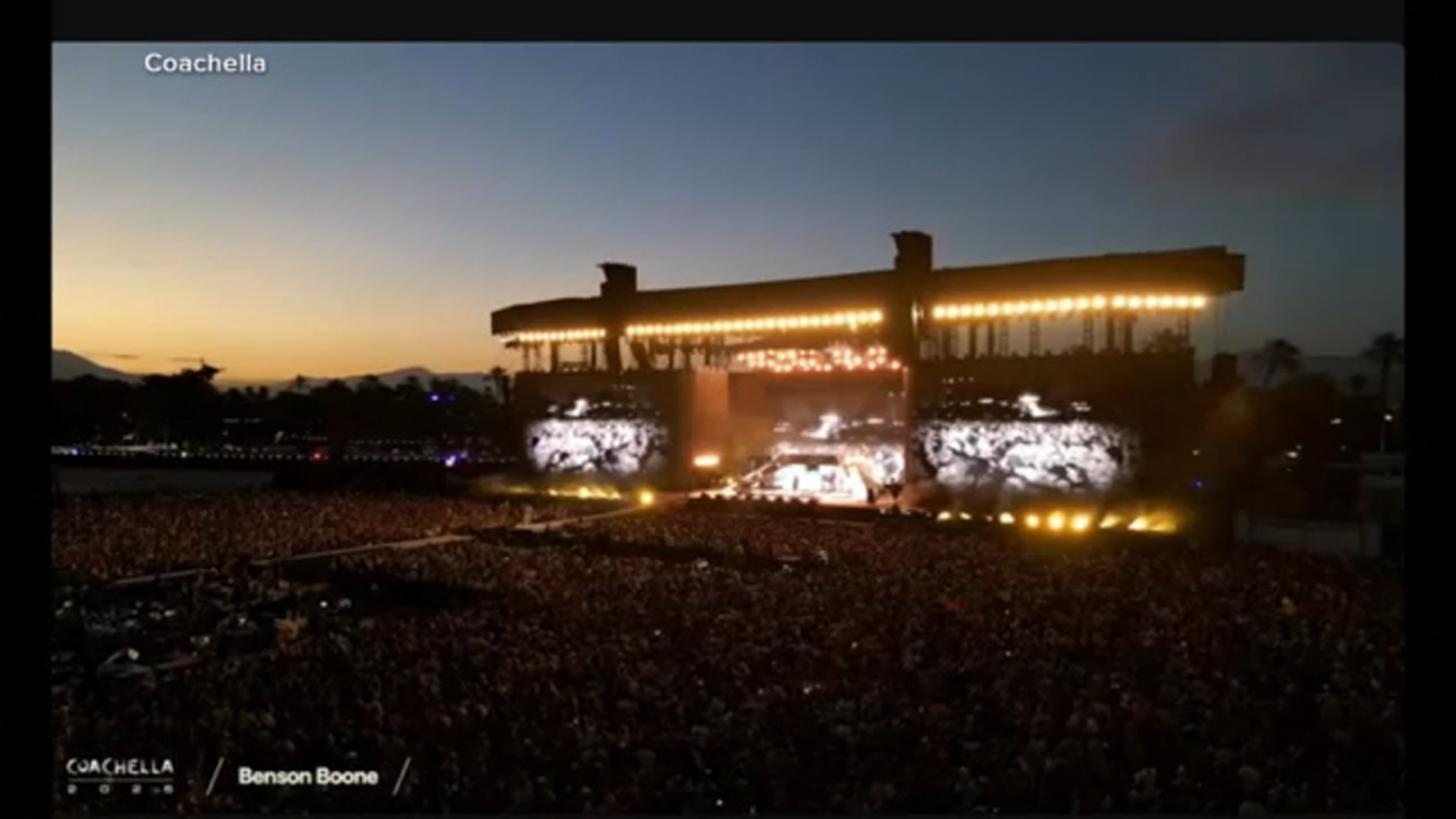First responders seeing increase in heat-related calls during extreme temperatures
FRESNO, Calif. (KFSN) -- When it's over 100 degrees, it's hard to escape the heat in the Central Valley.
If you find yourself in direct sunlight long enough, the blistering hot temperatures can do more harm than just a sunburn.
The consequences can be deadly.
"Unfortunately not a lot of people know that heat can kill. Heatstroke is real and heat illness can really cause a lot of problems," said Dr. Rais Vohra, Interim Health Officer for the Fresno County Department of Public Health.
First responders said the two most common heat-related illnesses are heat exhaustion and heatstroke.
Both are harmful, but one has the potential to be fatal.
Engineer Shane Brown with the Fresno Fire Department explains the differences.
"Heatstroke is a legitimate true emergency," he said. "Heat exhaustion is on the way to that."
Heat exhaustion happens first. Someone at this level might experience excessive sweating, muscle cramps, nausea and dizziness.
"You're drinking water, you are super thirsty, your pulse is still high, those are all classic symptoms of heat exhaustion," he said.
If a person doesn't cool off fast, then they could get a heatstroke.
At this point you stop sweating, your body temperature rises above 103 degrees and you could lose consciousness.
Health experts say call 911.
"Your vital signs start to get to critical point where if we don't do rapid intervention, that person is probably not going to make it," said Brown.
Recently, the fire department has responded to more of those.
Brown said on triple-digit days, they typically see a 15 to 20 percent increase in medical calls.
They're not the only agency experiencing this.
Between May and now, Fresno County 911 dispatchers have received approximately 170 heat or cold-related calls.
That's significantly more than the 15 they had between May and the start of this year.
To bring those numbers down, it's urged people stay hydrated and out of the direct sun.






